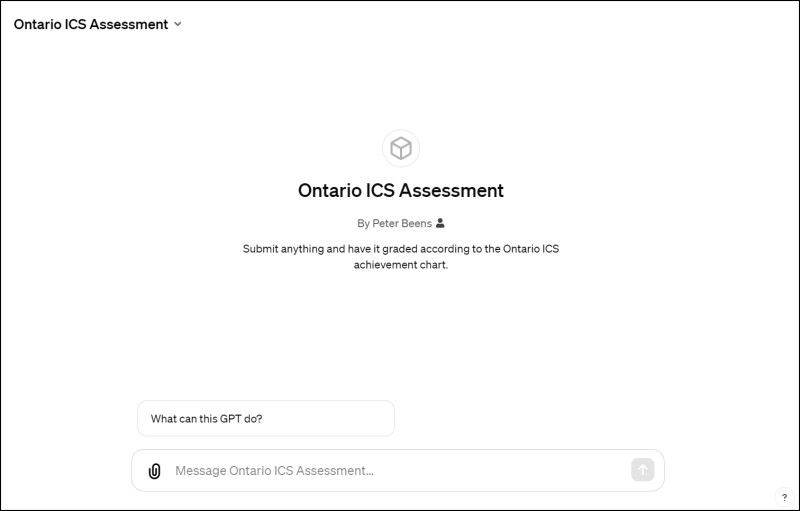
The ACSE Conference 2025 offers a rich variety of sessions across several key strands, including Computer Science, Computer Technology, Pedagogical Topics, and Teaching Technology and the Skilled Trades (TAS1O/TAS2O).
Continue reading “ACSE Conference 2025”



